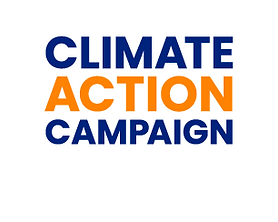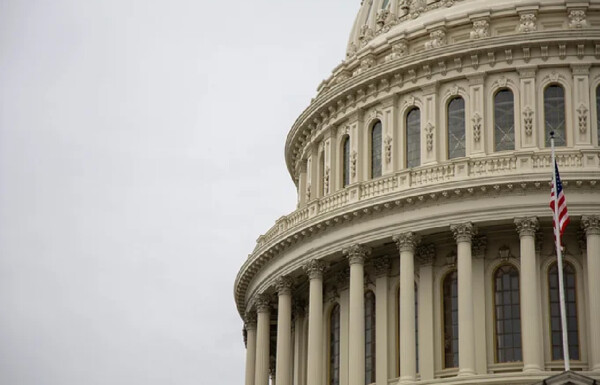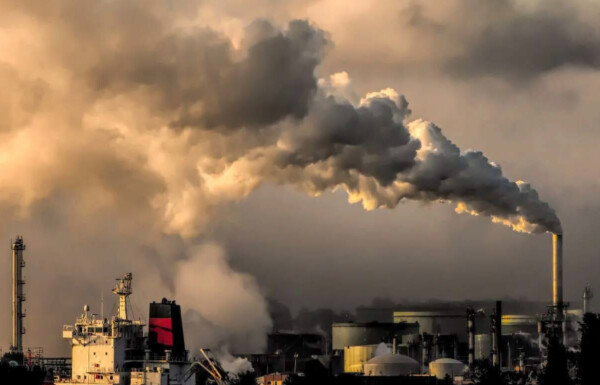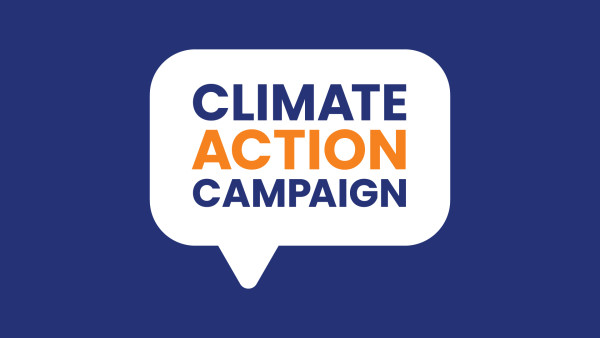Wisconsin Examiner: Advocates pressure Biden administration EPA to tighten rules on coal power
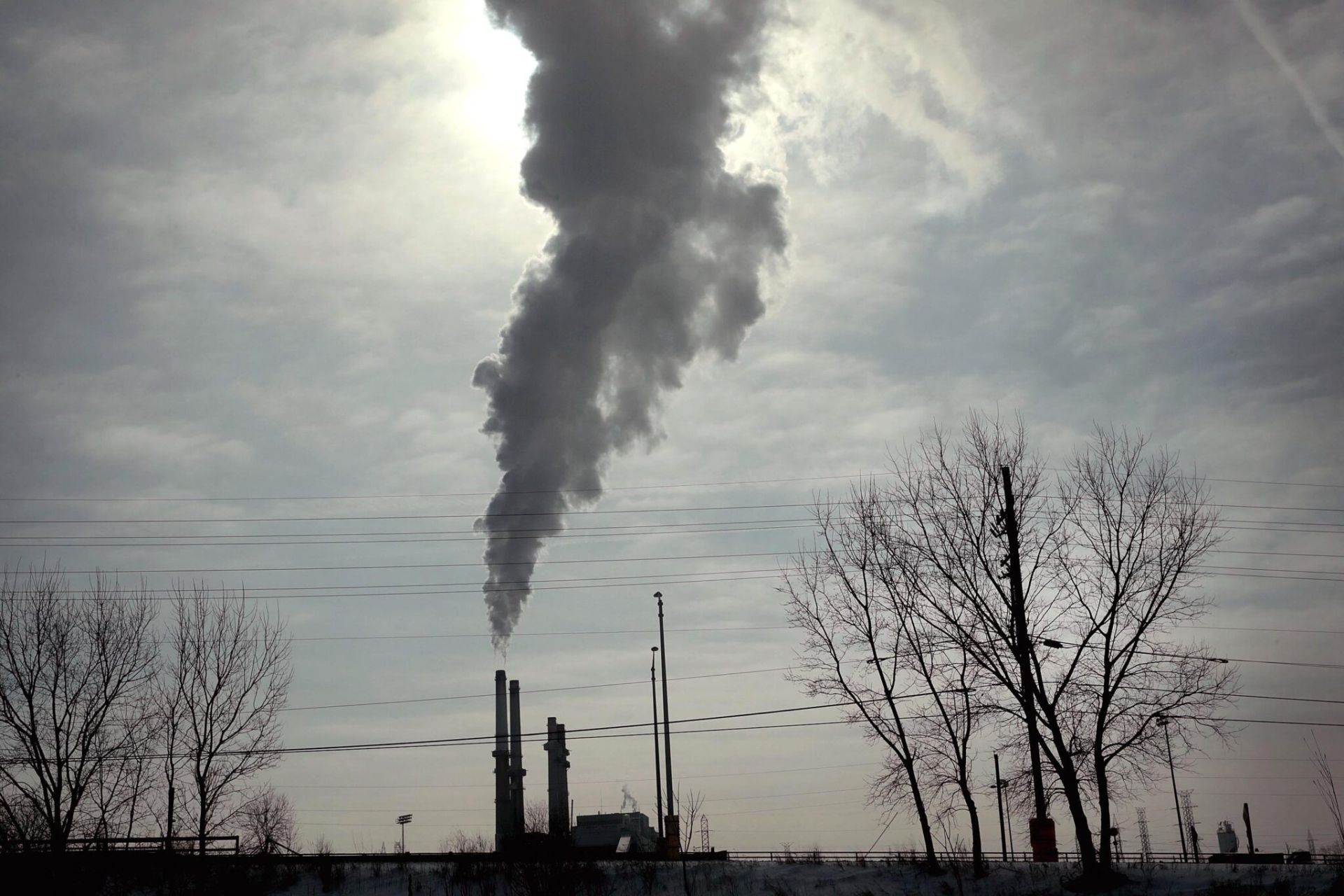
By Erik Gunn
Local officials and environmental advocates in Southeast Wisconsin are urging the federal Environmental Protection Agency to write tougher standards for emissions from coal-burning power plants.
On Thursday, the EPA is holding a public hearing on updating the federal Cross State Air Pollution Rule. All or part of the regulation applies to 26 states, which are required to reduce power plant emissions that cross state lines and contribute to smog and soot in states downwind from them. A public comment on the rule is open through June 6.
“Burning fuel fossil fuels has created a global public health crisis,” said Claire Gervais of the Wisconsin Environmental Health Network at a news conference held online Wednesday. “It’s critical that the EPA implement the strongest possible standards on polluters and replace these coal-fired power plants with renewable energy.”
In addition to the cross state rule, advocates want the EPA’s Mercury and Air Toxic Standards and the National Ambient Air Quality Standard strengthened also.
The news conference was organized by the Climate Action Campaign, the Wisconsin Environmental Health Network and Wisconsin Health Professionals for Climate Action. Their intended audience was the White House.
“This crisis is poisoning the air we’re literally breathing in today,” said Milwaukee County Board chair Marcelia Nicholson. “We’re urging the Biden administration to invest in clean energy and move forward with an aggressive and comprehensive EPA plan to reduce toxic air pollutants from coal- and oil-burning power plants.”
The news conference organizers cited health concerns and climate change as they urged stiffer regulations on emissions.
“Milwaukee County has more than 9,000 children and 70,000 adults suffering from asthma and received an F grade for air quality from the American Lung Association,” said Nicholson. “That is unacceptable.”
Asthma and other health conditions associated with air pollution from burning coal disproportionately affect communities of color and other vulnerable groups, she added. “Environmental injustice is a national crisis.”
Nancy Stolte, a nurse, described the role pollution can play for people in every age group, from children with asthma to adults and the elderly. The needs for food, water and clean air “must be addressed before more complex needs such as housing, safety or emotional or cognitive needs are addressed,” she said.
Gervais said other pollutants that coal produces include heavy metals in coal ash, among them mercury, which can cause a variety of brain and cognitive disorders.
“Switching to natural gas is not the solution,” Gervais added.
Burning natural gas produces lower carbon dioxide emissions than coal. But the primary component of natural gas is methane, and methane is emitted during the production, processing, storage, transmission and distribution of natural gas. “Methane is 86 times more potent at trapping heat” than carbon dioxide, Gervais explained in follow-up communication, and methane emissions from natural gas extraction “far exceeds the climate impacts of burning coal and crude oil together.”
While there are several Wisconsin coal-burning power plants, the news conference focused on a pair of facilities in Oak Creek, south of Milwaukee, owned by WEC Energy Group. Sen. Chris Larson (D-Milwaukee), said constituents have complained about continuing to see coal dust settling in the neighborhoods near the plant. Other coal-burning plants in the state would also be affected.
Larson noted that the utility plans to close one of the plants by 2024 and to convert the other from coal to natural gas by 2035. “But while these promises are exciting for me and my constituents, they are just promises until they actually happen,” he said.
“Let’s move that up,” Larson added. “And let’s encourage the Biden administration to do the right thing and put in place some stricter standards sooner.”
